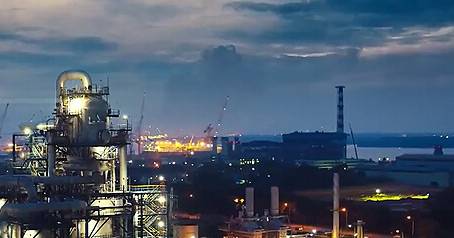نويابىر . 04, 2024 01:59 Back to list
hdpe pipe drip irrigation
The Role of HDPE Pipes in Drip Irrigation Systems
Drip irrigation is a highly efficient method of watering crops that has gained popularity over the years for its ability to conserve water while maximizing agricultural productivity. At the heart of modern drip irrigation systems lies a critical component high-density polyethylene (HDPE) pipes. These pipes are well-suited for agricultural applications due to their durability, flexibility, and resistance to corrosion, making them an excellent choice for delivering water directly to the plant roots.
The Role of HDPE Pipes in Drip Irrigation Systems
Another significant benefit of HDPE pipes is their lightweight nature, which facilitates easier installation and handling compared to traditional materials like PVC. Their flexibility also means they can be laid out in various configurations to suit the specific layout of a farm, making them adaptable to different crop types and field sizes. Additionally, the smooth interior walls of HDPE pipes reduce friction losses, ensuring that water flows more efficiently through the system, allowing for better distribution and uniformity across the fields.
hdpe pipe drip irrigation

Implementing a drip irrigation system using HDPE pipes can lead to substantial water savings. Unlike traditional irrigation methods, which often result in significant water loss due to evaporation and runoff, drip irrigation delivers water slowly and directly to the roots of the plants. This minimizes waste and allows farmers to optimize their water use, an essential factor in areas facing water scarcity. Furthermore, by providing consistent moisture levels, drip irrigation can improve crop yields and lead to healthier plants, ultimately enhancing food security.
Another key aspect of HDPE pipes in drip irrigation is their ability to accommodate various filtration and fertilization systems. The integration of filters prevents clogging, which is a common issue in drip systems, ensuring smooth operation over extended periods. Moreover, the versatility of HDPE pipes allows for the incorporation of fertigation systems, where fertilizers are mixed with irrigation water and delivered directly to the plants. This method not only ensures efficient nutrient uptake but also reduces the chances of fertilizer runoff into the environment, promoting sustainable farming practices.
In conclusion, HDPE pipes play a crucial role in the effectiveness of drip irrigation systems. Their durability, flexibility, and resistance to environmental factors make them an ideal choice for delivering water efficiently and effectively. As the global demand for food continues to rise and water resources become increasingly scarce, the adoption of drip irrigation systems with HDPE pipes will be paramount in promoting sustainable agriculture. By conserving water and enhancing crop productivity, these systems can help farmers meet the challenges of modern farming while preserving the environment for future generations.
-
PVC Transparent Sheet Roll - Durable & Flexible PVC Plastic Sheet Roll for Industrial & Home Use
NewsJun.24,2025
-
High-Quality PVC PPR Pipes and Fittings Durable ERA PPR Solutions
NewsJun.10,2025
-
High-Quality Large HDPE Sheets & Large Diameter PVC Pipe Durable Large PVC Pipe Supplier
NewsJun.10,2025
-
High Density Polyethylene Cutting Board - Durable & Food Safe
NewsJun.09,2025
-
3 Inch PVC Pipe for Durable Irrigation Affordable & Reliable
NewsJun.09,2025
-
Premium PPR Plastic Water Pipe Fittings - Durable & Leak-Free
NewsJun.09,2025

